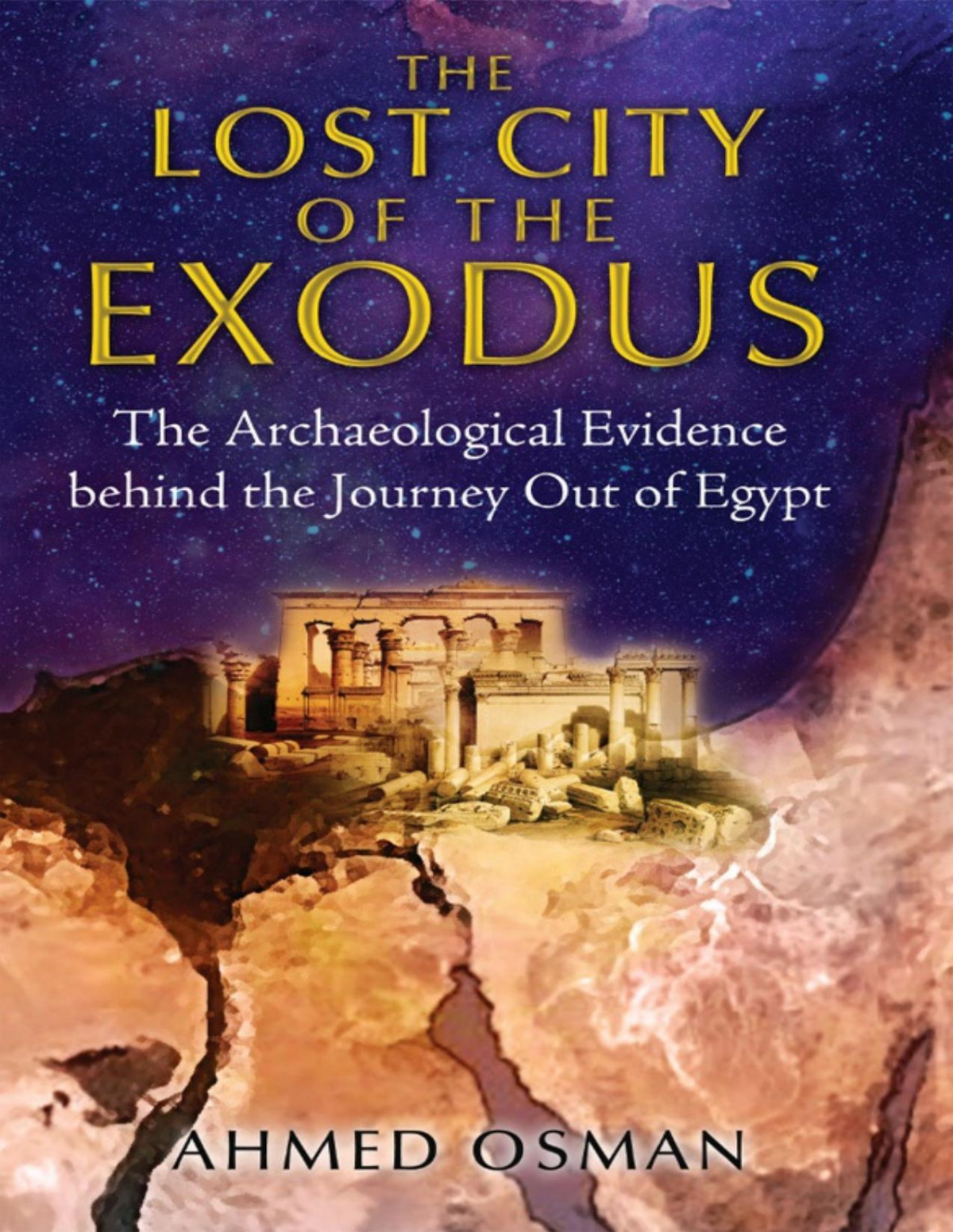

Most ebook files are in PDF format, so you can easily read them using various software such as Foxit Reader or directly on the Google Chrome browser.
Some ebook files are released by publishers in other formats such as .awz, .mobi, .epub, .fb2, etc. You may need to install specific software to read these formats on mobile/PC, such as Calibre.
Please read the tutorial at this link: https://ebookbell.com/faq
We offer FREE conversion to the popular formats you request; however, this may take some time. Therefore, right after payment, please email us, and we will try to provide the service as quickly as possible.
For some exceptional file formats or broken links (if any), please refrain from opening any disputes. Instead, email us first, and we will try to assist within a maximum of 6 hours.
EbookBell Team

5.0
68 reviews• Explains why modern scholars have been unable to find the city of the Exodus: they are looking in the wrong historical period and thus the wrong region of Egypt
• Details the author’s extensive research on Hebrew scriptures and ancient Egyptian texts and records, which allowed him to pinpoint the Exodus site
• Reveals his effort to have his finding confirmed by the Egyptian government, including his debates with Zahi Hawass, Egyptian Minister for Antiquities Affairs
When the first archaeologists visited Egypt in the late 1800s, they arrived in the eastern Nile Delta to verify the events described in the biblical Book of Exodus. Several locations believed to be the city of the Exodus were found but all were later rejected for lack of evidence. This led many scholars to dismiss the Exodus narrative merely as a myth that borrowed from accounts of the Hyksos expulsion from Egypt. But as Ahmed Osman shows, the events of Exodus have a historical basis and the ruins of the ancient city of Zarw, where the Road to Canaan began, have been found.
Drawing on decades of research as well as recent archaeological findings in Egypt, Ahmed Osman reveals the exact location of the lost city of the Exodus as well as his 25-year effort to have this finding confirmed by the Egyptian government, including his heated debates with Zahi Hawass, former Egyptian Minister for Antiquities Affairs. He explains why modern scholars have been unable to find the city of the Exodus: they are looking in the wrong historical period and thus the wrong region of Egypt. He details his extensive research on the Pentateuch of the Hebrew scriptures, the historical scenes recorded in the great hall of Karnak, and other ancient source texts, which allowed him to pinpoint the Exodus site after he discovered that the Exodus happened not during the pharaonic reign of Ramses II but during that of
…